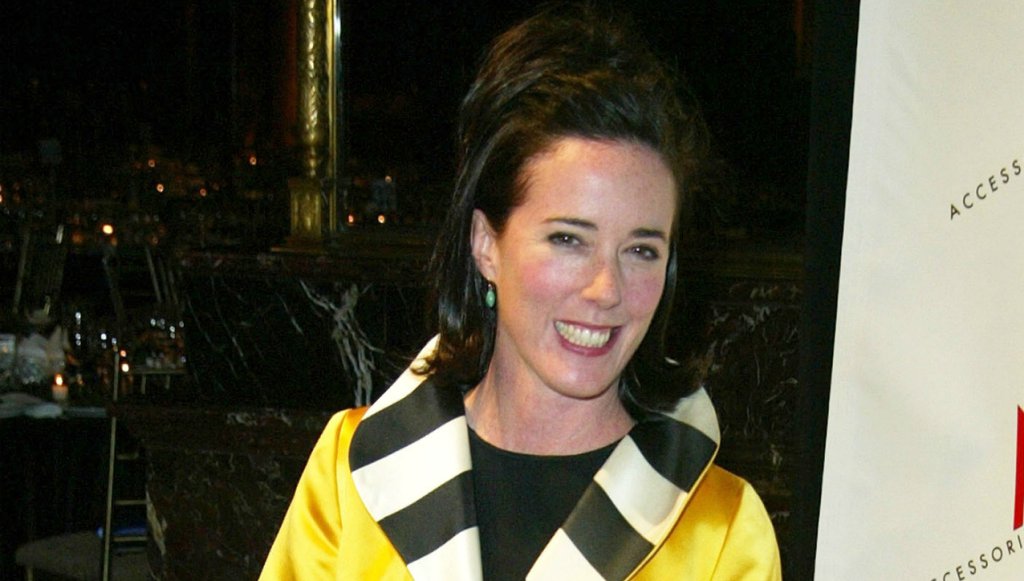Our hearts go out to Kate Spade, her friends, her family, and those who admired and loved her as a person, and for her talents.
You hear the news of a celebrity’s death by suicide and it’s shocking. It rocks you at your core. So many questions come up – Why? What was wrong? – she seemed to “have it all.” A long marriage, a loving daughter, a super-successful career where her name had become an iconic brand. Maybe situationally something was very wrong. We won’t know until more details emerge. But it’s important we dive much deeper into this topic when we hear the news related to people we would never expect this with.
As an organization that works with celebrities daily on the topic of mental health, let us say that your level of success has little to no influence your happiness when you are suffering from a mental health disorder. Tyler Hamilton from our Alliance, the first time I met him told me – one of the worst days in his life came when he was ringing the bell at the NYSE after just having won the biggest race of his career. It should have been one of the happiest day of his life.
Feelings of self-harm are rarely situational in nature. In fact, one of the hardest things when you ARE successful, and you are suffering, is to wonder WHY you feel the way you do when everything situationally would appear to be great. That question only makes you feel worse.
Compounded stress and trauma, over time, affect our bodies tremendously. They wreak havoc – on our brain, our entire CNS, our cells, our muscles, our organs, etc. At the disorder level on the MH continuum, they affect our thoughts tremendously. Being someone who has felt the awful effects of suicidal ideations I can tell you they are REAL. For me, they never related to anything I was upset about. They were error messages that felt almost like someone had unfairly programmed them into me. I couldn’t push a stop button on them. But at the same time, there was a “rational” thinking part of my brain that kept me fighting and saying – but I don’t want this for myself/my future…why is this even on my mind – this is not “me” thinking these things!
The problem is, mental health conditions at the disorder level affect our ability to recognize hope. Those changes to the body affect our rewards centers, and we can’t envision what hope feels like. For those who haven’t felt it, imagine being locked in an opaque box and being told whoever had the key threw it in the ocean. There’s no way out.
It’s great that more and more celebrities have spoken about their mental health complications. That said, just knowing people in your peer group suffer also – or for that matter that anyone else suffers at any level, is just PART of the equation. It maybe makes you feel less alone. But, people suffering need to feel HOPE in order to keep fighting those feelings/thoughts. They get hope by being educated on what has caused their system to be this way, which helps them know that those causes can be counteracted and reversed, and then that they can learn the many healthy practices to heal.
Reversing these negative trends takes education, takes programs, takes face-to-face discussions. It takes all those things to give people who develop these thoughts the hope they need to keep fighting. Without hope, you believe there is no key available to you.
We are so sorry once again to hear of this news today. We are saddened to know that Kate may have struggled with the thoughts described above. This news adds even more fuel to our fire that: we will not stop until MH education, prevention, intervention, conversation, and programs become commonplace in our society.


